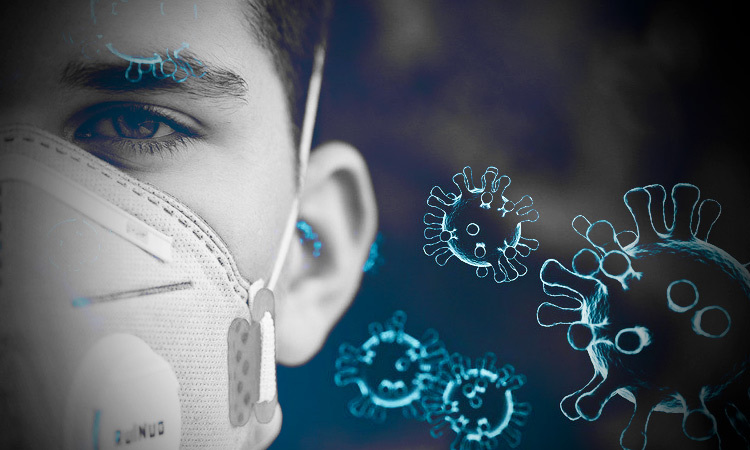By Natalie Taylor
Q: I don’t personally know anyone who has died from COVID-19, but I’m feeling the same kind of emotions I had when my mother passed away. Am I in mourning? Why?
A: I think we are all in mourning to one degree or another. One cannot listen to the news without feeling grief for others as we hear the latest COVID-19 statistics and death tolls. But we also grieve for a way of life that has changed dramatically, some of it temporarily and some perhaps forever. Those of us isolating at home, reluctant to go outside except for brief and necessary forays into a changed and scary world, are grieving the loss of everyday contacts with other humans. Grandparents cannot visit grandchildren, single adults are not in the dating scene, many employees work at home without the daily contact of co-workers, and many people no longer even have jobs—a huge loss resulting in grief on several levels.
Grief is a natural response to loss. We go through different stages of grief, depending on the nature of the loss and how great its effect is on our lives. The grief we are now experiencing with the COVID-19 pandemic seems unending. Every day there is another loss, whether from someone getting sick or dying, an old business going bankrupt, a favorite restaurant closing forever, or from realizing we cannot jump in the car or catch a flight to visit someone we care for. Not being able to hug or kiss our friends and relatives, or even see them, is a loss that can cause ongoing grief.
Even the way we grieve has changed. Images in the news of people saying goodbye to dying relatives through thick panes of glass are shocking and overwhelmingly sad. Open, often crowded memorials and funerals typical for most cultures have been all but scrapped in many places, forcing a new kind of “virtual” activity without the comfort of hugs and physical connections.
I used to love walking down my street, smiling and saying hello to folks. It struck me recently that I’m not seeing many faces on my few, brief sojourns outside. The now ubiquitous masks prevent me from seeing those faces. I find myself grieving the many small losses and indignities that we are all experiencing. We are all mourning the loss of our everyday, familiar lives, the loss of predictability, of knowing what’s going to happen next. The result is grief. And it is shared by many. Some people accept change better than others. But for those who find themselves not knowing what to plan for or what to expect, grief is a natural and normal response to an abnormal situation.
Grieving is a normal reaction to loss. It can bring us closer to people we know and invite new people and activities into our lives. The losses can be an opportunity to discover more about ourselves and make changes for the better in a changing world.
Alan Leavens, Ph.D., is a California licensed Clinical Psychologist, living and working in SMA.For questions or concerns that you wish him to address, please email: aleavens@drleavens.com

